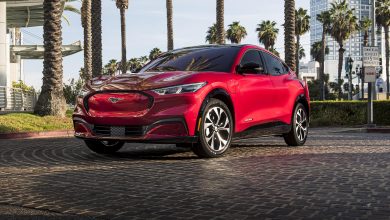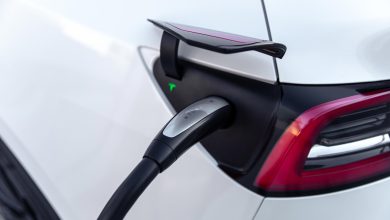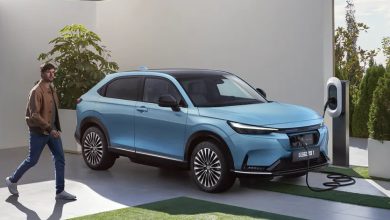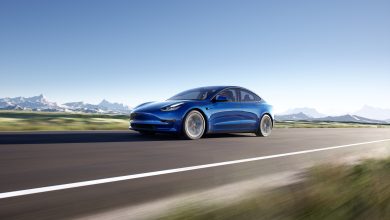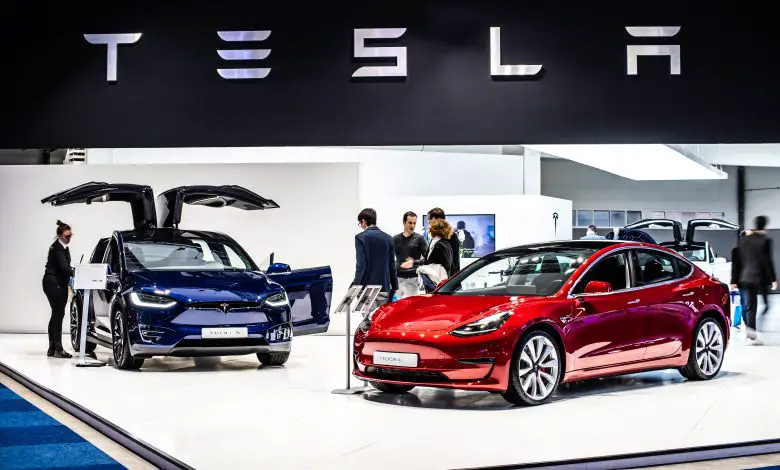
The United States provides tax credits of up to $7,500 for consumers that purchase electric vehicles, but there is a caveat. At least half the value of the final assembly and battery components must be made in North America.
That policy doesn’t go down well with European Union leaders. The European Union is in talks with Washington to ease that requirement, a senior official said on Thursday 9 March 2023.
Valdis Dombrovskis, the European Commission Vice President in charge of EU trade policy said the commission is close to reaching an agreement with the United States on raw materials. The EU wants to change how battery components were defined in the United States.
“Is it only specific battery components or everything?” Dombrovskis said during a briefing in Stockholm prior to a ministerial meeting on trade. “Indeed, that was a subject of discussion with Treasury Secretary Yellen last Thursday. So, there, the work is ongoing.”
Another critical requirement for vehicles to qualify for tax credits was that vital materials come from the U.S. free trade agreement (FTA) partners. Sadly, the European Union is not. Nevertheless, the two administrations are working to make European minerals to have an “FTA-equivalent” status.
Dombrovskis also hinted that the EU was working on a plan to form a critical raw materials “club”. The club would pool producing and consuming countries of like minds to rival the dominance of China in the EV space. China currently dominates the processing of lithium and rare earth materials.
President Joe Biden meets with Ursula von der Leyen
On March 10, 2023, President Joe Biden met with the European Commission President Ursula von der Leyen with the hope of turning around the disagreement between the European Union and the U.S. concerning electric vehicle tax credits.
“What we want to do is maximize the amount of deployment, maximize the speed of that deployment, and do so in a way that builds each of our respective industrial bases,” a senior U.S. administration said before the meeting. “That isn’t going to happen if our incentives and their incentives are misaligned and compete with one another in a zero-sum way.”
The two leaders were expected to reach an agreement on a deal that could increase the use of European minerals vital in the manufacture of EV batteries that are eligible for U.S. tax credits.
At the start of the meeting, Biden also said he would discuss with von der Leyen pertaining how to “drive new investments to create clean energy industries and jobs and make sure we have supply chains available,” for both continents.
“We have agreed that we will start work now with the clear goal,” Von der Leyen said outside the White House at the end of the meeting. “The goal is to have an agreement on critical raw materials that have been sourced or processed in the European Union, that these strategic supply chains are able to access the American market as if they had been sourced in the United States.”
European leaders including von der Leyen have criticized the Inflation Reduction Act signed by Biden in August 2022 for being discriminatory. Although the law set aside about $375 billion for clean energy including electric vehicles and batteries, it had clauses that made it impossible for non-U.S-made vehicles to benefit from it.
To beat the restrictions, many automakers are either building vehicle assembly plants or battery plants in the United States or in North America. If the United States expands EV eligibility for tax credits to those that include critical materials sourced from the EU, the ultimate winners will be the consumers.
“It is important on both sides of the Atlantic to know what kind of incentives are being given to the cleantech industry, to make sure that we join forces to boost the cleantech industry,” von der Leyen said. “That is crucial and paramount for reaching a circular economy, a net zero economy.”
EU’s response to the U.S. Inflation Reduction Act
Last month, the European Commission responded to the U.S. Inflation Reduction Act by launching Green Deal Industrial Plan. The goal of the legislation was to make it easier to get subsidies for green industries as well s pool EU-wide projects.
“I think it is great that there is such a massive investment in new and clean technologies now,” von der Leyen said, making reference to the U.S. Inflation Reduction Act. “Indeed, we want to match it with the Green Deal Industrial Plan.”
Last year Biden revealed that he would use the Defense Production Act to enhance the production of lithium and other materials critical to EV production. However, experts have said it is unlikely that the move would lead to increased domestic mining as he envisages. An alliance with the EU is perceived as a better alternative to secure the essential material supply chain.
The Friday meeting with von der Leyen will not wipe all the disputes away, officials said. However, it will start the process of reaching a trade agreement that will satisfy the law such that European companies can supply battery materials like nickel and lithium for EV production in the U.S.

